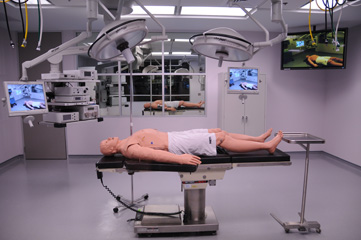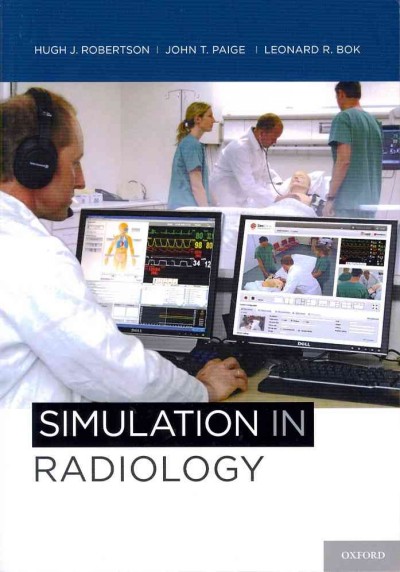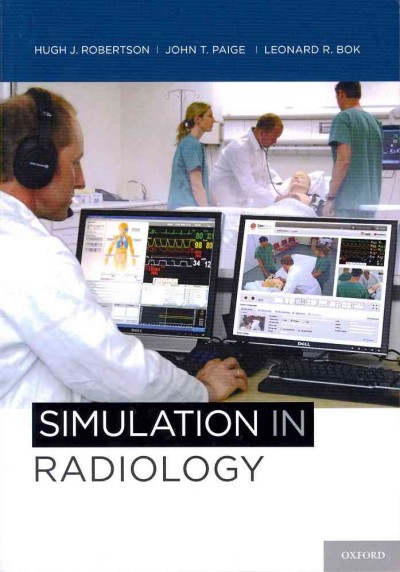Simulation in Interventional Radiology is critical for building a team capable of providing emergency and advanced care for patients using minimally invasive tools. LSU faculty are accomplished leaders in team training, simulation, and preparation using simulation techniques applicable to interventional radiology procedures, emergency medical care, disaster management, and pandemic management.
The Learning Center and the Center for Advanced Practice (CAP) has been designed for small group teaching, simulation learning, computerized instruction, conferences and meetings and is comprised of over 30,000 square feet of total space. The facility houses sophisticated technology, simulation/demonstration laboratories, and both small and large group-teaching rooms.
The facility contains:
- 6 Simulation Classrooms
- 2 Simulation Operating Rooms
- 1 Demonstration Laboratory
- 2 Computer / Lounge Areas
- 10 Small Conference Rooms
- 1 Large Conference Room
- 7 Rooms with Teleconference Capabilities
Book: Simulation in Radiology
Hugh J. Robertson, MD, DMR, FRCPC, FRCR, FACR, is Professor of Clinical Radiology
at Louisiana State University School of Medicine and Clinical Professor of Radiology
at Tulane University Medical Center in New Orleans, Louisiana.
John T. Paige, MD, is Associate Professor of Clinical Surgery at Department of Surgery,
Louisiana State University School of Medicine in New Orleans, Louisiana.
Leonard Bok, MD, MBA, JD, is Professor of Radiology and Department Head Radiology
at Louisiana State University School of Medicine in New Orleans, Louisiana.
Simulation-based training (SBT) has long been an important tool for students and trainees
in multiple medical specialties given its usefulness in building cognitive and technical
skills as well as improving team functional dynamics. Medical educators have recently
recognized the need for SBT incorporation in the subspecialty service areas of radiology.
Edited and contributed to by leaders of radiology simulation-based training at Louisiana
State University School of Medicine, this book is the first of its kind to thoroughly
cover such training and education. Concise yet comprehensive, chapters are organized
into three sections focusing on key aspects of SBT in radiology, providing a blueprint
for radiology educators, program directors, and administrators in designing and implementing
an SBT program. The first section provides general considerations of using simulation
in training; the second discusses educational principles and testing; and the third
presents a summary review of the scientific literature and current work being done
in SBT in radiology.
For more information about the LSUHSC-NO Simulation Center,
To order through the LSUHSC Bookstore:
Order from the LSUHSC Health Sciences online bookstore



